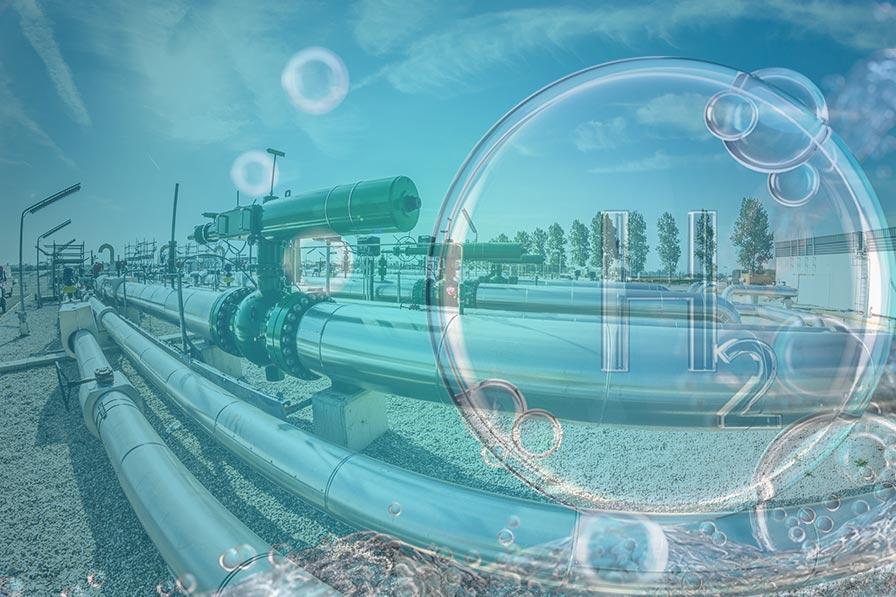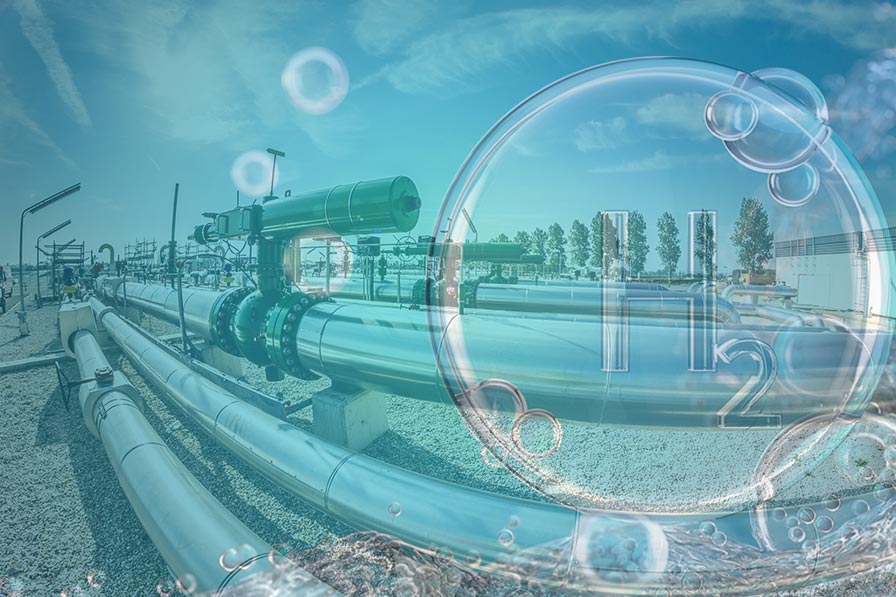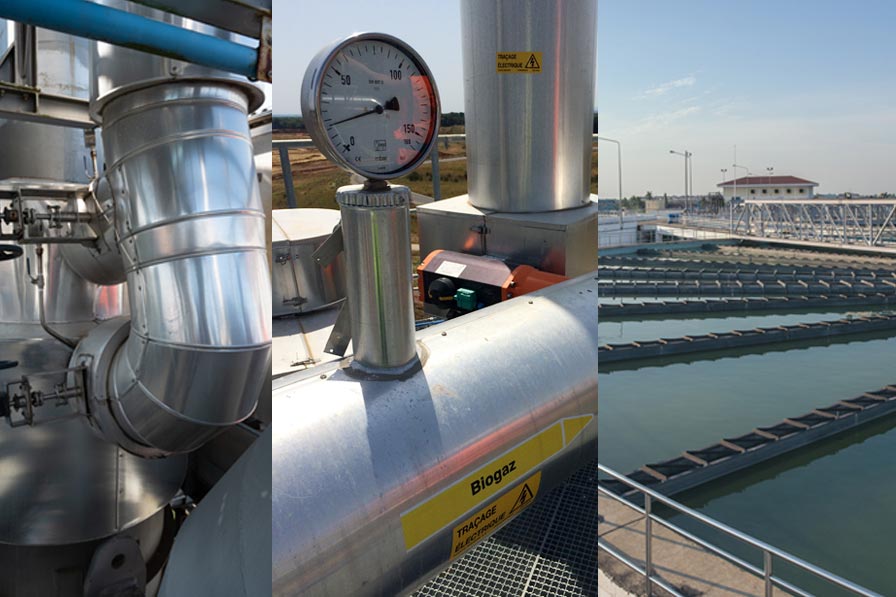Low-carbon hydrogen transport for the port of Dunkirk

Last September, GRTgaz launched an open season market consultation procedure to assess requirements and confirm the economic utility of pipeline-based low-carbon hydrogen transport infrastructure across the Dunkirk industrial and port area. 11 companies expressed an interest in being connected up to this infrastructure project as either hydrogen producers or consumers, for total production capacity of between 600 MW and more than 1 GW. A feasibility study was conducted in early January 2023 in partnership with several manufacturers, including ArcelorMittal, Imerys and H2V.
When GRTgaz launched the first consultation procedure in June 2021 to determine the need for a low-carbon renewable hydrogen network and market in France, the company identified the first ecosystems in which there was impetus to develop carbon-free technology. The major industrial areas, including port zones – such as the port of Dunkirk – were identified as priorities – areas in which hydrogen transport logistics arrangements are eagerly awaited, driven by key hydrogen production and consumption projects. The call for manifestations of interest in Dunkirk that was launched in September, for which GRTgaz has just published the results, falls within this framework.
11 manufacturers confirm the utility of hydrogen transport infrastructure at the port
GRTgaz's Open Season consultation procedure in Dunkirk was aimed at all hydrogen production and consumption project managers likely to be interested in new infrastructure in the Dunkirk port area, including manufacturers, project developers and companies involved in mobility.
11 companies have confirmed that they have requirements which would justify the first hydrogen transport infrastructure at the port. More specifically, five producers totalling up to 1 GW of installed capacity have expressed an interest in being able to connect renewable or low-carbon hydrogen production projects up to the transport grid. Six industrial consumers have also expressed an interest in the project.
The purpose of hydrogen consumption projects is to develop new industrial activities at the port or to decarbonise existing industrial activities. This will help manufacturers achieve the decarbonisation targets that they have set themselves. The projects are varied in terms of levels of maturity and hydrogen volumes, and some have rapid deployment targets.
Towards the creation of future low-carbon hydrogen transport infrastructure over some 20 km
GRTgaz has launched a feasibility study for infrastructure covering some 20 km based on a route which would make it possible to connect up the projects of respondents who have agreed to co-finance this study. These respondents include ArcelorMittal and Imerys, and the producer H2V.
This feasibility study will help size the infrastructure and determine its route, and will enable an initial costing to be undertaken.
The project and the studies are in line with the decarbonisation aims of the Dunkirk Grand Port Maritime and the Dunkirk urban community. They form part of the ZIBAC strategy to which the government has committed.
“We can now be certain that hydrogen is going to have a major role to play in decarbonising the economy. To help achieve this aim, GRTgaz is committed to creating the infrastructure needed so it can be transported. This Call for Expressions of Interest in Dunkirk has been a success, and project developers have shown keen interest. This justifies our approach of developing pooled hydrogen transport infrastructure that everybody can use as part of an ongoing dialogue approach with market stakeholders. We are delighted to have been able to engage in discussion with the 11 respondents, who have understood the utility of having new infrastructure at the port of Dunkirk. In the future, this new infrastructure may also be interconnected with Belgium”, said GRTgaz CEO Thierry Trouvé.

